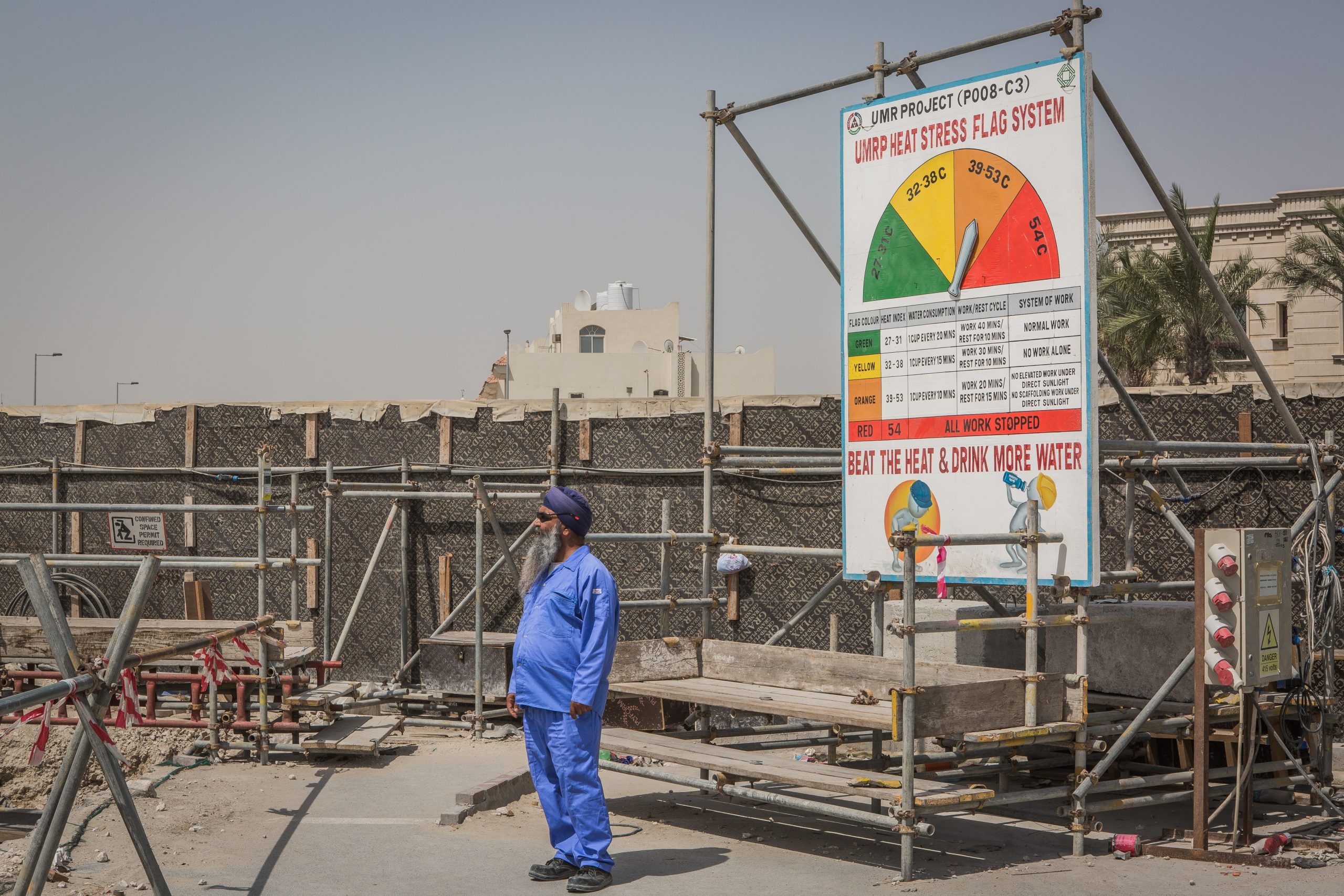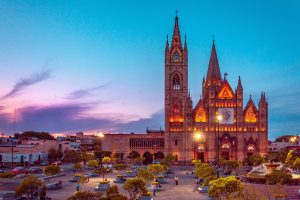
With so many reasons to choose from, this article challenged us to NOT drop our “top five” format
When Qatar was announced as host of the 2022 World Cup in late 2010, football executives, the media, and fans were shocked. A country with no substantial football heritage and infrastructure, notorious for its politics and human rights record, hosting one of the world’s most significant events? Could it be? For a long time, there was hope that the decision would somehow be overturned. Still, Qatar 2022 overcame every obstacle, ranging from international corruption investigations to a regional blockade, and it seems there is no force that can stop it from happening.
There was some debate taking place. Welsh staff announced they won’t travel to the World Cup because of Qatar’s LGBTQ rights record. Denmark emphasized that they will be separating the football side from the host’s commercial activities, which they won’t take part in.
Germany and Norway were quite straightforward in their protest, but that was mainly symbolic as the Norwegian Football Federation (which aren’t even participating) rejected a full boycott. Without the threat of massive boycott of teams, star players, and fans, the gulf state can rest assured that their biggest sports washing stunt can be marked as a success.
So football fans will turn their eyes to the small Arabian Gulf state in November when all of the world’s biggest stars will battle for glory. But this doesn’t contradict the message that this tournament was born in sin, and this point should be made loud and clear. If there’s something that the war waged by Russia taught us, only four years after the world gathered around Vladimir Putin for a celebration of football, it is that sports washing is real and it has an immediate impact on people’s lives.
5. The Lack of Football History
As an idea, FIFA’s aim to spread football to different regions is a good one. Holding the first World Cup in East Asia (2002) and Africa (2010) and having it return to Latin America (2014) after decades was highly welcome. But the love of football by tens and hundreds of millions in Japan, South Korea, South Africa, and Brazil cannot be compared to the three million living in Qatar, a country that hasn’t produced even one significant internationally-recognized player or ever qualified for a World Cup in its own right. Football legend, Eric Cantona, not known to holding back on his opinions, got it right when he said: “I’m not against the idea of hosting a World Cup in a country where there is a possibility to develop and promote football… But Qatar – it’s not the country of football.”
4. The Weather
The summer in Qatar is so hot that the country, with its apparently endless reserves of cash, installed air conditioning in outdoor spaces like sports venues, malls, and markets. With temperatures rising above 48 degrees Celsius on summer days, FIFA understood that playing a World Cup in June-July as per usual would just not be possible. So the solution was to have the tournament in November-December, disrupting European major leagues. Sadly, it might be that the effort of artificially cooling the temperature will only enhance the rising temperatures and keep the vicious cycle going.
3. Funding of Extremist Groups
Qatar is deeply involved in international politics, and not necessarily in a good way. The notorious organizations with which the wealthy gulf state is linked range from Hamas to Al-Qaeda, the Islamic State, and more. In a region eternally caught up in turmoil, and more so since the collapse of governments during the so-called “Arab Spring” of 2011, rich and powerful regimes such as Qatar could have played a stabilizing role. But they did quite the opposite. Yes, western governments have also fallen short in their international politics, notably the USA, which will co-host the 2026 World Cup. But this piece is not promoting a what-about discussion but instead putting the spotlight on an event that will take place in 2022.
2. The Corruption
Many football fans wonder how most football associations gave their vote to Qatar as the host of the 2022 World Cup. The answer to that question may have presented itself over the past decade with the bid and selection of Qatar in the center of multiple FIFA-related corruption allegations. Several leaked documents and testimonials by whistle-blowers point the fingers at claims of bribery of FIFA officials and executives from different associations and committees in return for support of the bid, alongside huge, unprecedented TV-rights deals. An FBI-led investigation accused Qatar, Russia, and FIFA of misconduct surrounding the 2018 and 2022 World Cups bidding process. But despite many of the officials involved pleading guilty, the existence of the tournament in the Gulf-state always seemed to be immune. Shortly before he paid with his job and “resigned” from his position as FIFA President, Sepp Blatter admitted that giving Qatar the right to host the tournament “was a mistake.” Oops.
1. Slavery
For many football fans, the preparation process for a World Cup begins with the stadiums. We love to follow the building and development projects and learn about how the technology has advanced in recent decades. Indeed, with a total spend of over $56 billion on the tournament, the venues that will host the games in Qatar 2022 showcase some of the finest, state-of-the-art technology and architecture. However, it is impossible to wash your eyes with retractable roofs, innovative cooling systems, and cultural design references when you know the cost of building them. And we’re not talking about the aforementioned spending. We’re talking about the price of human lives. Qatar’s labor system, based on migrants from Africa, the Middle East, and Asia, strips its workforce of their fundamental rights. Threats, appalling living conditions, and lies about salaries are some of the allegations presented in a report by Amnesty International. According to an article published by the Guardian in 2021, approximately 6,500 workers died in Qatar since they were awarded the World Cup. Football fans have voiced their protest against the heavy toll of what should be a festive event, including a creative project shining the light on the names and faces of the people who’ve lost their lives, presented in a form resembling Panini cards. But after all is said and done, while thousands of families will grieve forever, football fans, tourists, politicians, and wealthy locals will enter the stadia come November when goals, highlights, and dramas will make us forget.



